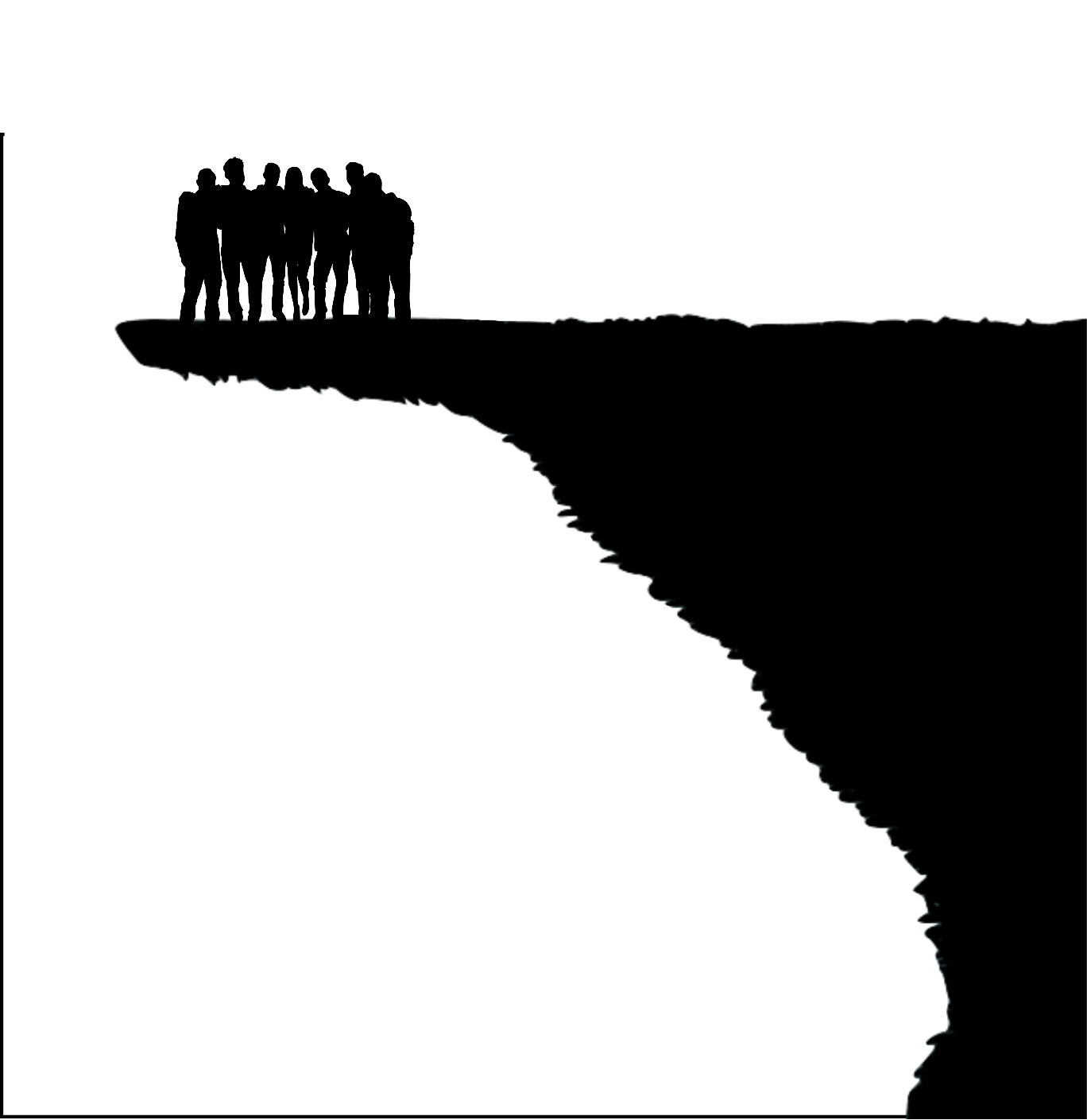
I often say – the culture in our stores is what we allow.
What we allow for one will repeat for others and the accumulation is our culture.
Being an effective manager means we’re focusing on what’s good for the organization and the team, whereas being an effective employee means aligning with managerial directives to do what’s good for the particular job.
For this formula to work, we all, managers and staff alike, have to set aside our individualized preferences, within reason, and cast our lot with moving the organization forward successfully together.
This balance we all need to strike between having our self-preferences (having things our way) and subordinating and being responsive to the needs of the organizations (having things the organization’s way) can be a struggle and tussle at times – a bit of a trade-off so to speak – yet the rewards to all when an organization is running and functioning well, in my opinion, is well worth this trade-off.
When the balance between self-subordinating and self-preferentializing gets out of whack, the culture can drift, slide, and decline in strength and unity.
Of course we all want some consideration to make our jobs work for our personal preferences, that’s natural, and within bounds can usually work out; however, what we want to be on the lookout for is when personal preferences have an impact on things going well for the co-op and team — “I am going to see if I can do it this way because it works better for me. It is no big deal; it won’t affect things that much.”
Then if this is not checked, self-preferentializing can grow into self-optionalizing. — “I know I was supposed to do this, but I didn’t want to do it today.” Now the impacts to the store are growing.
Finally, this dynamic can grow and end up in self-deputizing – “Even if I have been told what to do, I’m going to do what works for me – that’s why I work at a co-op and put up with all the craziness around here.” The Co-op is now splintering, and impacts can be severe.
And this spreads to others and accumulates in our cultures.
One of our biggest jobs as managers is to hold this dynamic in check, keep a sharp eye on this balance, and remember that much of the culture is built on what we allow.
We all need things to go our way at times – that’s a given. Yet greater things are at stake here as we bond together as an organization and collectively try to move it down the road.
Holding the line on self-preferentializing can be tough at times and speaks to our need for good management skills.
What hangs in the balance is a culture that is functional, structured and focused on unifying a team to make a difference as opposed to one full of distractions and drama.
Only with a healthy culture can we provide the space and place for the talent in our staff to really bloom.
